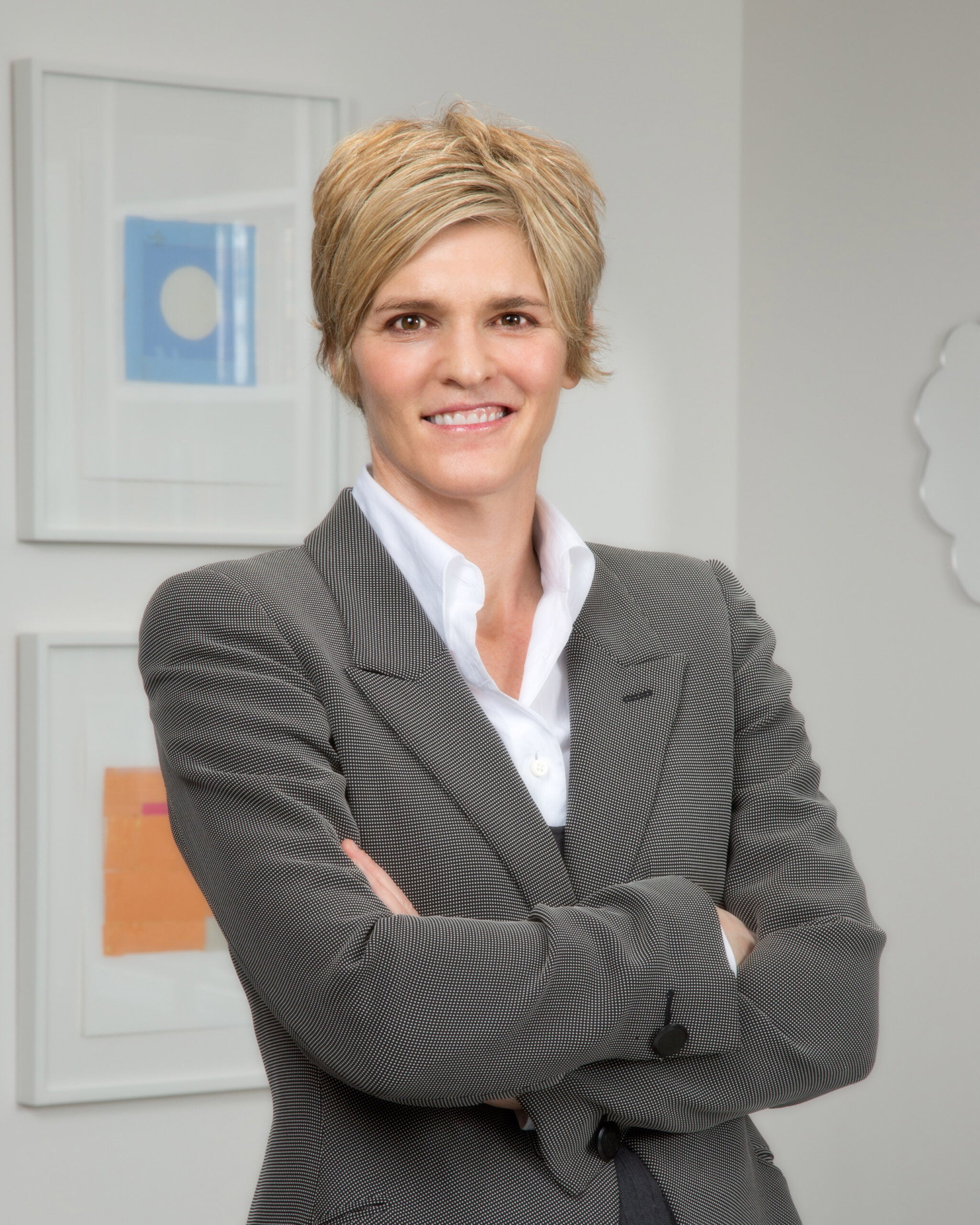This spring, hundreds of people packed the Washington, D.C., Circuit Court to hear a challenge to the Environmental Protection Agency’s authority to regulate greenhouse gases, in one of the most closely watched cases of the year.
“That was an argument that I think every environmental lawyer in the country wanted to see in person,” says Rachel Heron ’12. She did, along with the other students in Professor Richard Lazarus’ Advanced Environmental Law in Theory and Application class.
In addition to taking his students to attend the arguments in Coalition for Responsible Regulation v. U.S. Environmental Protection Agency, Lazarus arranged for behind-the-scenes meetings with judges and attorneys on each side. This followed five weeks of in-depth examination of the case back in Cambridge.
“One can get a far better grasp of the big-picture issues by understanding the struggles environmental lawyers actually face, including in arguing cases before courts,” Lazarus says.
Sandra Ray ’12, who has focused on environmental issues at HLS, pointed to the unusual chance to learn about the many layers of the case as it was unfolding, and with Lazarus, an experienced courtroom advocate, as their guide. “He just gets it—he’s been doing this for so long,” she says. “It was great to hear his take on the oral arguments; by the end, we knew the issues as well as the people involved.”
Students in Jody Freeman’s Climate and Energy Law and Policy class had a similar chance to benefit from their professor’s ability to bring real-world experience into the classroom. Freeman combined the topics of energy and climate change—subjects that she says are often studied in isolation—to look at issues including carbon capture and sequestration, the economics of nuclear power, and improvements in electricity regulation and transmission. She brought in a range of top-level officials she worked with during her time in the Obama administration as guest speakers.
“When an assistant secretary of Defense tells your students that reducing energy demand is crucial to national security, and an assistant secretary of DOE [Department of Energy] explains that we are in many ways behind China on renewable energy, it really makes an impression,” she says.
Chloe Kolman ’11, who took the class last year and will be doing litigation work within the Department of Justice’s Environment and Natural Resources Division after finishing a fellowship at the Environmental Law Institute, appreciated Freeman’s practical approach. “When you had grand ideas of how to get it done, she was always there to say, ‘How are you actually going to solve these problems?’ We almost never talked about litigation but talked a lot about more unusual strategies for working within the legislative and regulatory world,” she says.
Kolman pointed out that Freeman, like Lazarus, went down to D.C. for the oral arguments of the EPA case and that the two professors have an ongoing connection to the newest developments in environmental law and policy: “They’re both powerhouses in terms of environmental law and the environmental profession, too. Not a lot of people have both, but they do.”
